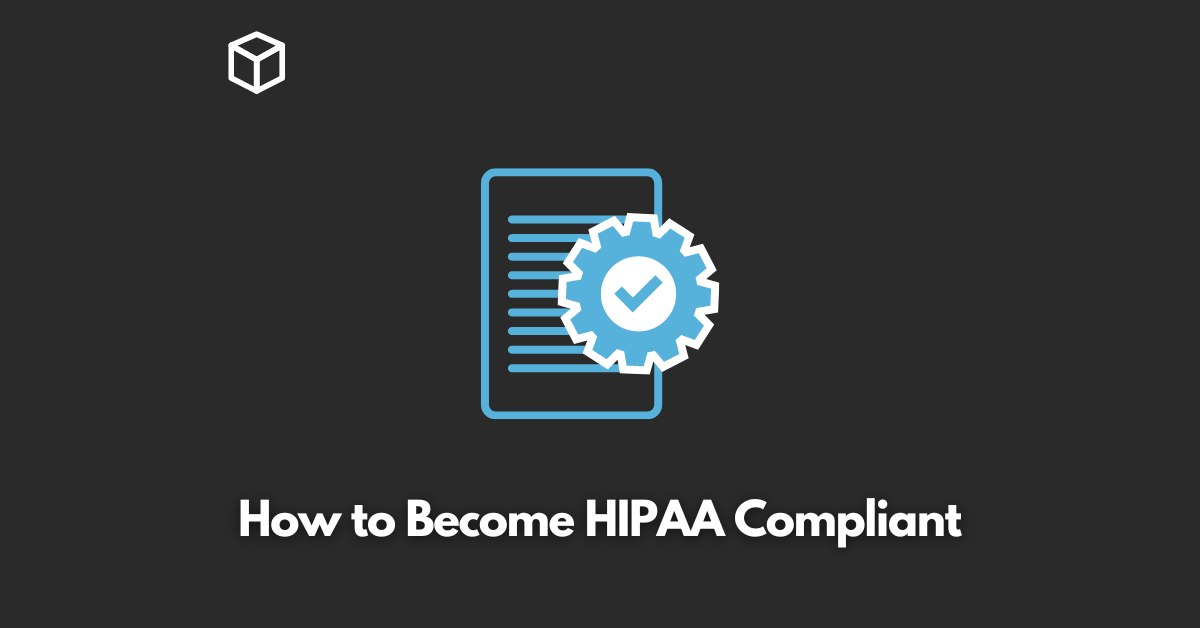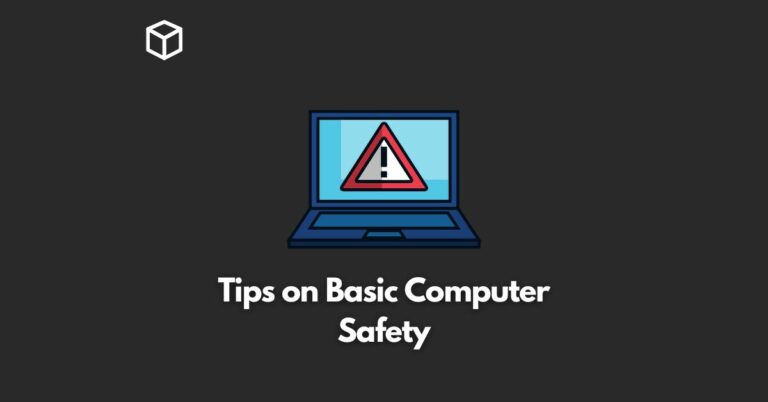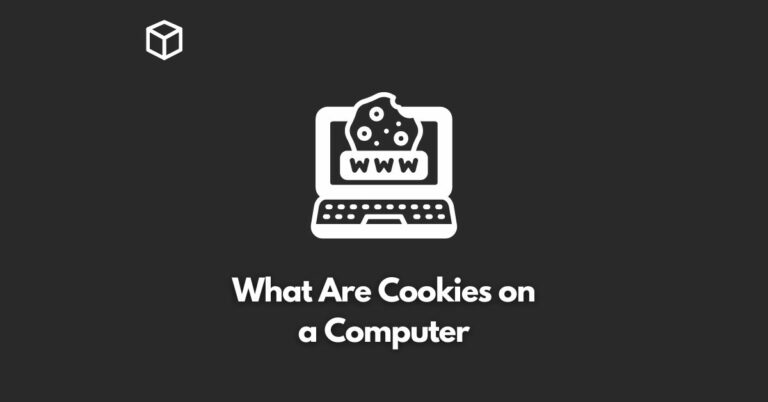HIPAA, or the Health Insurance Portability and Accountability Act, is a set of regulations that protect the privacy and security of individuals’ personal health information (PHI).
In this article, we’ll be discussing the importance of HIPAA compliance and the steps you can take to ensure your organization is in compliance with these regulations.
Understanding HIPAA Requirements
The HIPAA regulations are divided into several different categories, each with its own set of rules and requirements.
Some of the most important categories include:
- The Privacy Rule, which establishes standards for protecting individuals’ PHI
- The Security Rule, which sets standards for protecting the confidentiality, integrity, and availability of electronic PHI
- The Breach Notification Rule, which requires covered entities to notify individuals and the government in the event of a data breach.
Violations of these regulations can result in hefty fines and penalties, so it’s important for organizations to take HIPAA compliance seriously.
Implementing HIPAA Compliance
One of the first steps in achieving HIPAA compliance is to develop a compliance plan. This plan should include the following steps:
- Identifying PHI in your organization: This includes identifying where PHI is stored and how it’s used.
- Assessing vulnerabilities and risk: This includes identifying potential threats to the confidentiality, integrity, and availability of PHI and determining the likelihood of those threats occurring.
- Developing policies and procedures: This includes developing policies and procedures for protecting PHI and responding to security incidents.
Once your compliance plan is in place, it’s important to train your employees on the HIPAA regulations and conduct regular audits to ensure compliance.
Protecting PHI
There are several measures you can take to protect PHI, including:
- Physical security measures: This includes securing paper records and ensuring that electronic records are stored in a secure location.
- Technical security measures: This includes implementing data encryption and firewalls to protect against unauthorized access to PHI.
- Administrative security measures: This includes implementing access controls to ensure that only authorized individuals have access to PHI and implementing data backup and disaster recovery procedures.
Handling Breaches and Incidents
In the event of a data breach, it’s important to take swift action to minimize the damage.
This includes notifying affected individuals and reporting the breach to the government.
Additionally, it’s important to have incident response procedures in place so that you are prepared to respond to security incidents.
Conclusion
HIPAA compliance is a critical aspect of protecting individuals’ personal health information.
By understanding the regulations, developing a compliance plan, training employees, and implementing security measures, you can help ensure that your organization is in compliance with these regulations.
In addition, it’s important to be prepared to handle breaches and incidents by having incident response procedures in place.
If you are looking for more resources to guide you through the HIPAA compliance process, you can check out the official website of the Department of Health and Human Services.




